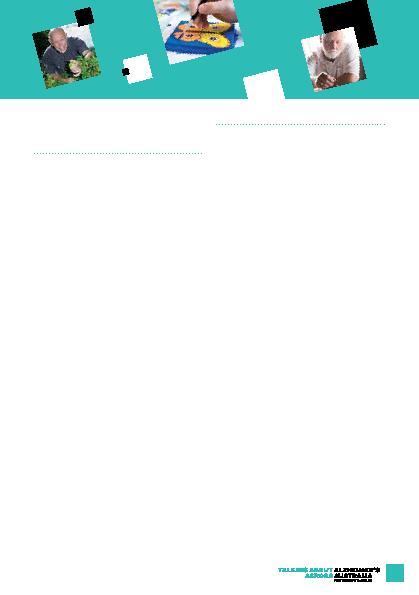
Victoria University
risk or the right to failure remains central to
growth and the development of resilience
for us all. At a time when early diagnosis of
dementia is increasing, this paper will explore
the ethical and institutional barriers that may
inhibit people with early stage dementia from
engaging in research -- from being risky.
Issues of capacity and informed consent are
critical to ethical research practice, but if the
procedural bar is raised high it may reduce
opportunities for the voice of dementia to be
heard. It will be argued that ethics committees
are frequently unaware of the dangers of
making stereotypical assumptions about
people with dementia -- which may infringe
on their autonomy and well being and further
entrench stigma and discrimination in what
Harry Cayton refers to as `the tyranny of
dementia'.
is the impact on a person with early stage
dementia who has autonomously expressed
a wish to take part in research, but is denied/
has diminished opportunities to do so? Actively
involving people with early stage dementia in
research will ensure that their experiences are
properly recognised and understood and where
competence, connection and citizenship are
celebrated.
debate about ethical approval for researchers
and the politics of consent and capacity for
people living with early dementia.
in its current work.
Dementia in Australia, launched in September
2012.
findings and review its impact, with particular
focus on the updated estimates of prevalence
and projections.
consistent Australian dementia data to inform
policy and service development, and the data
strengths, weaknesses and opportunities for
improvement identified in the course of this
project, along with a look at progress towards
meeting these challenges.
July 2013 as the National Aged Care Data
Clearinghouse, and its objective to increase
accessibility, availability and coordination of
aged care data for researchers, policy makers
and the community.